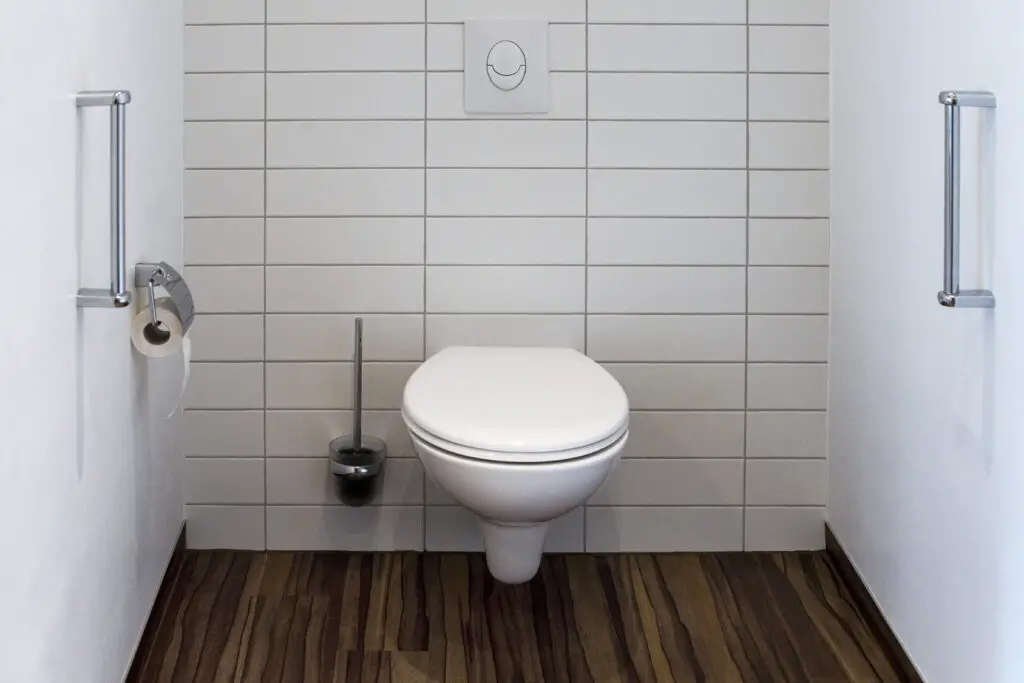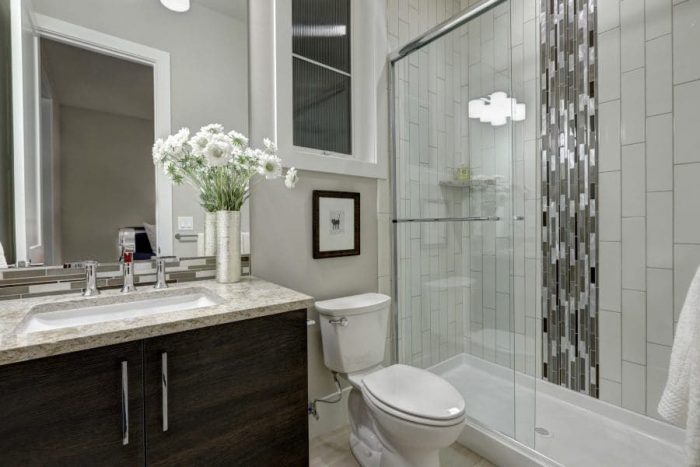There is usually an article in the lease that mentions the repairs that the landlord is responsible for. The section usually states that the tenant is responsible for immediately notifying the landlord of any problems with the apartment, in this case, the bathroom. The time frame that the landlord has agreed to fix the problem may also be listed in the paragraph. Let’s learn how long can a landlord leave you without a toilet.
If there is no formal lease or if your lease does not state a deadline for the landlord to make repairs, you should send a letter describing the problem, how long it has been broken, and the damage it is causing.
Please take photos of the damage and the methods used to generate it, and be sure to use the date stamp feature on your camera or cell phone. As part of your letter to the owner, you should estimate when the problem will be resolved.
The time you provide to the landlord is not legally binding, but it will help demonstrate how dangerous or critical it is to fix the item. They should usually fix it within a day or two if you could not use the restroom. You must contact the landlord in writing if they do not respond or correct the problem after a reasonable amount of time.
How long can you be without the toilet?
There are three possibilities for the tenant whose landlord has promised to rectify a problem but has failed to do so:
Repair it and deduct the costs of such noncompliance from the rent due and payable.
On the other hand, if the landlord is making a reasonable effort to remedy the problem and it takes a long time, you should apply for compensation. For the time being, we suggest you keep the emails or correspondence of the letter requesting repairs and consult a lawyer if it drags on beyond a week.
Maintenance and repair
Even if you are not the homeowner, you must do proper plumbing. This involves both routine maintenance and extensive repairs to the system. You may have to put up with it if it is a minor problem that does not make your home uninhabitable. The warranty of habitability does not apply if the kitchen faucet has a slight drip.
Tenant obligations
Only if you get something in return, such as lower rent, you can agree to assume the obligation to repair the plumbing. They may cover minor fixing problems that do not make the apartment uninhabitable in the lease.
If a problem arises and you, your family, guests, or pets are at fault, you are always responsible. It is not your landlord’s fault if your child spills something in the toilet and it becomes unusable.
Alternatives to the law
It is possible to take action against your landlord if they refuse to make the necessary repairs. Remember, all this depends on state law. Paying for the repairs upfront and deducting them from the rent is one option. The other is to break the lease or withhold rent until you solve the problem. These strategies come with rules that you must follow, or the landlord can evict you. As a starting point, you should notify the landlord of the problem and give them time to rectify it before taking action.
Eviction tactics
If the landlord goes ahead with the eviction because you have availed yourself of the repair and deduct option, you can file a lawsuit. You have an excellent chance of winning if you can prove that you followed the legal procedure to fix the plumbing and claim deductions for the cost. Disputes between tenants and landlords are usually settled in small claims court, which is quick and less expensive.
Bottom line
The owner has the right to estimate when they fix the problem. All plumbing and other systems must be working to maintain their properties. For example, if the kitchen faucet has a minor drip, the warranty of habitability does not apply. The maintenance clause of the contract may cover minor repairs that do not render the unit unsuitable. Hope you have learned how long can a landlord leave you without a toilet.




